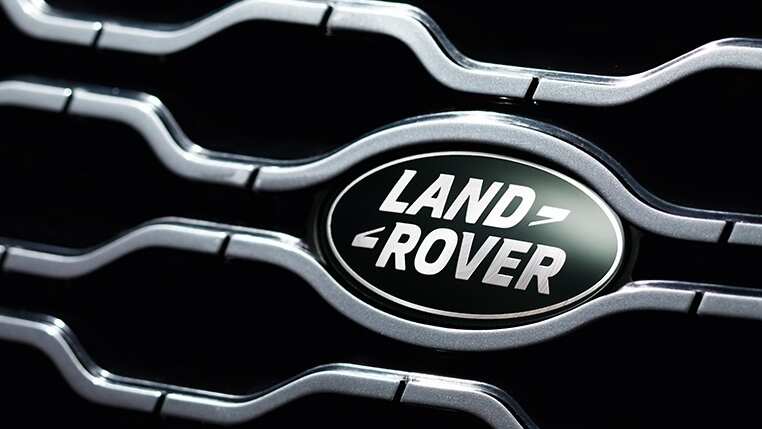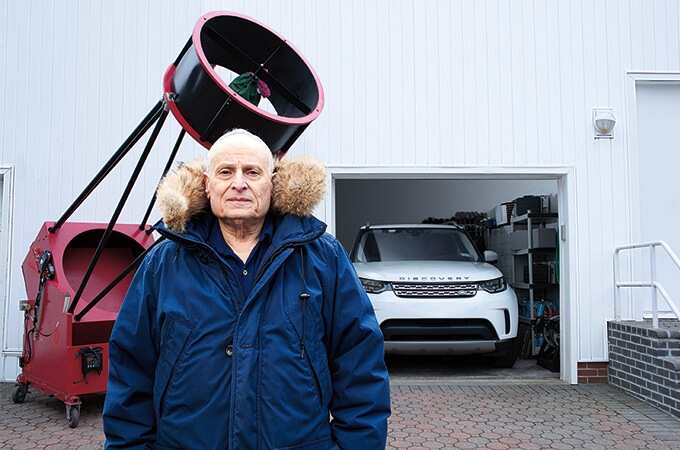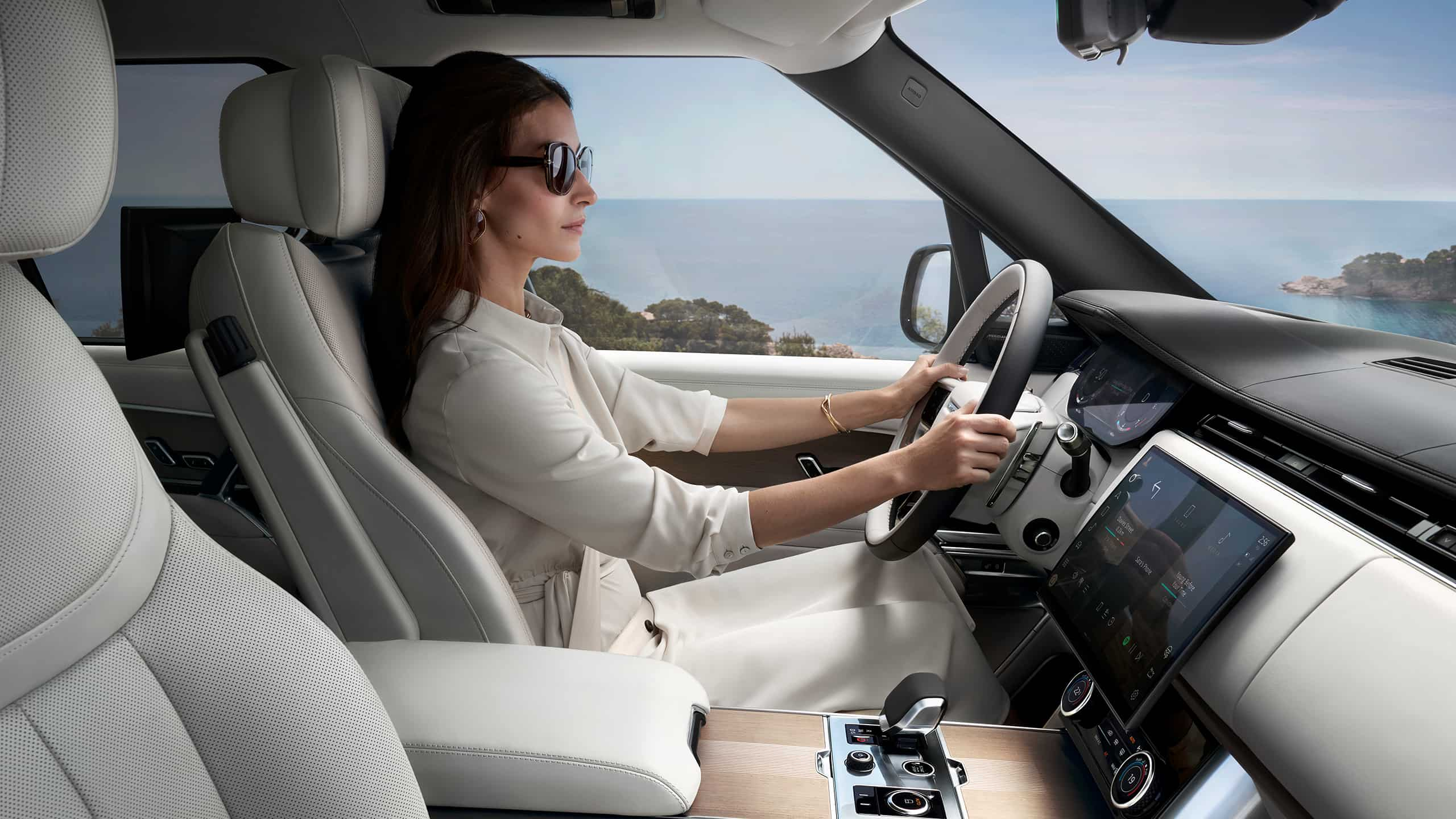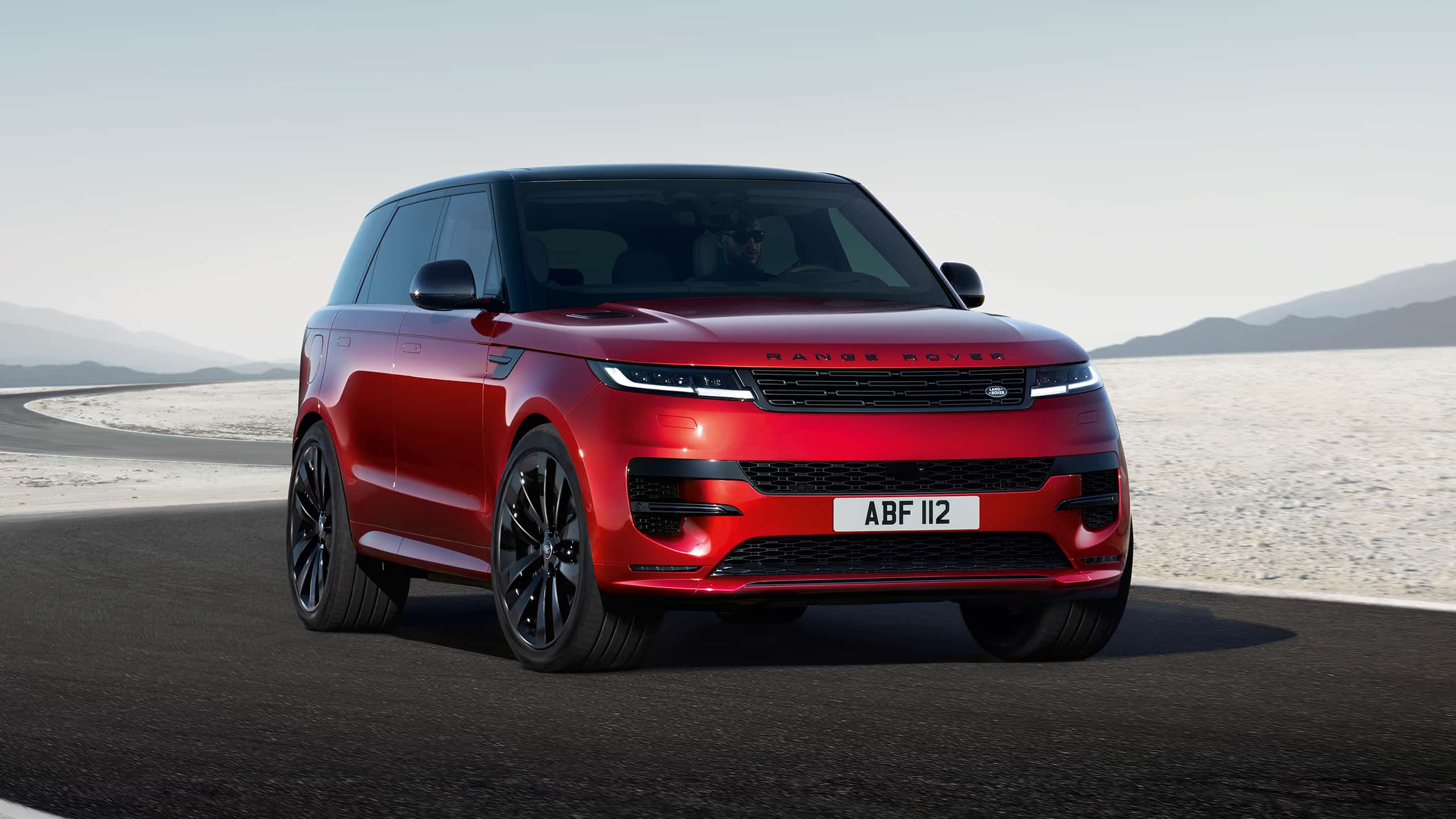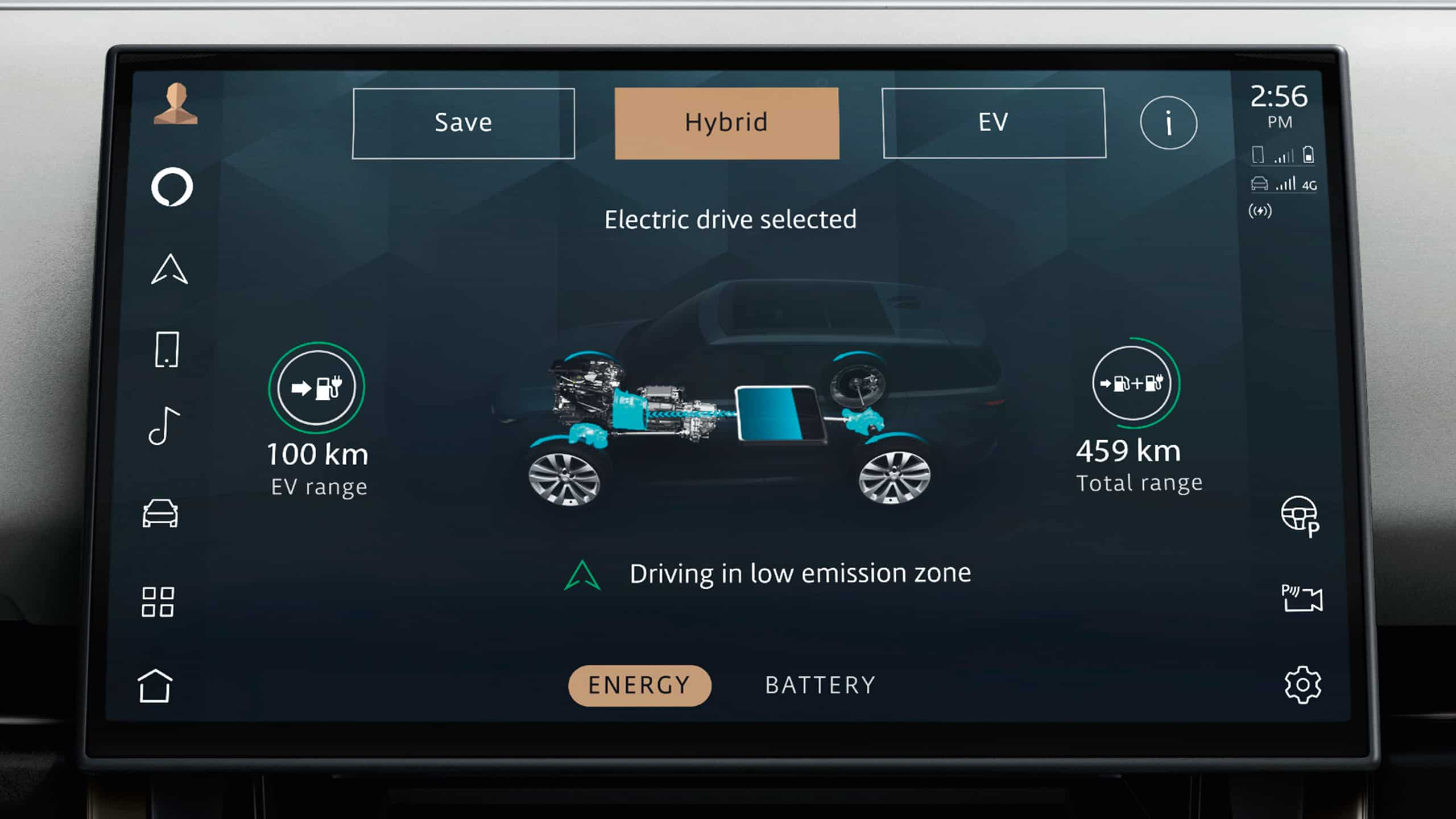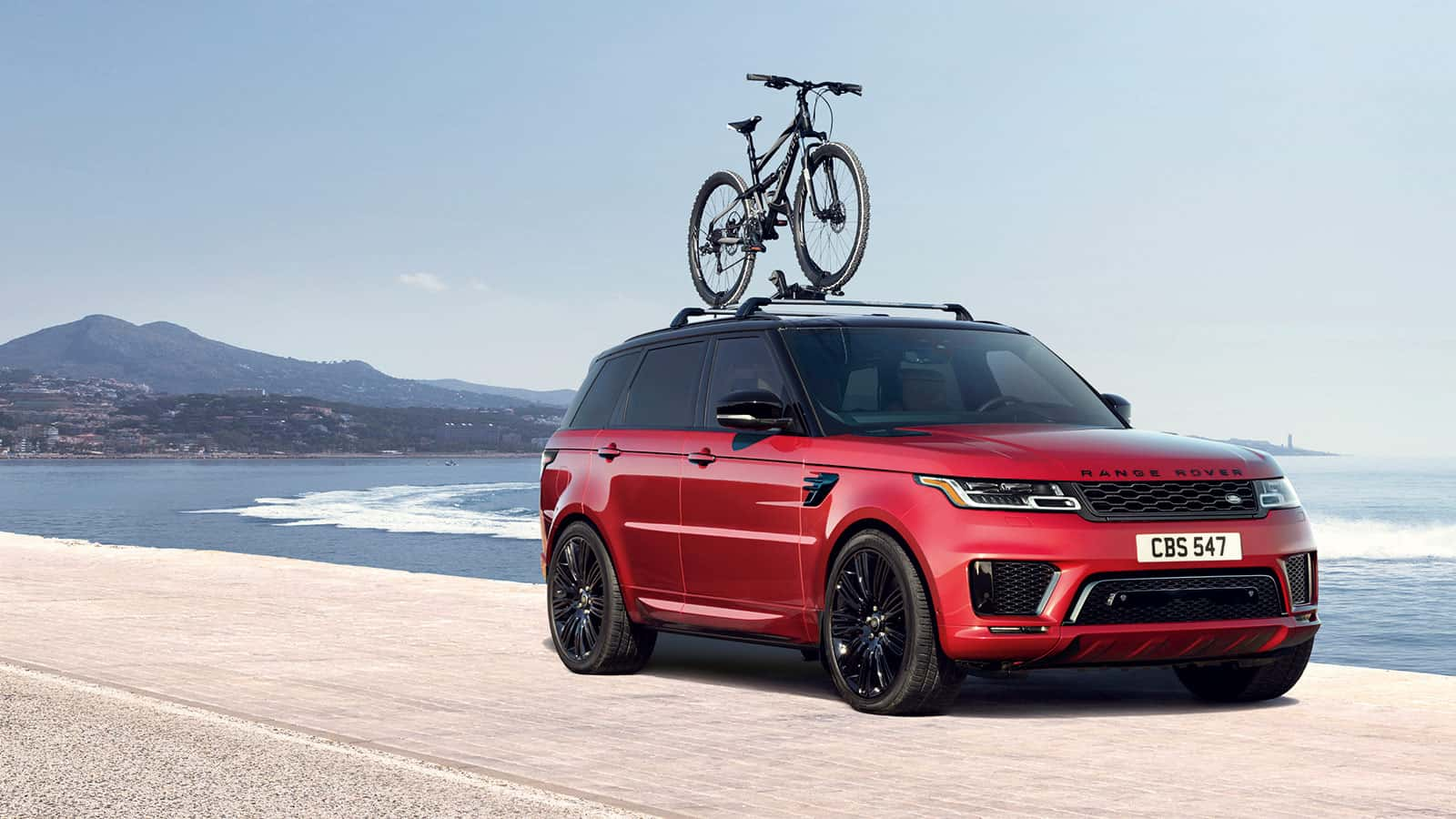LAND ROVER WELL STORIED
Take a closer look at the lives of our owners
EXPLORE OWNERSHIP
Land Rover vehicle owners are entitled to certain special benefits.

COMPLIMENTARY OFF-ROAD LESSON
As the owner of a new Land Rover vehicle, you are entitled to a complimentary two-hour lesson with a Land Rover Experience Driving School Instructor who will teach you how to take advantage of the unparalleled capabilities your vehicle has to offer. All current Land Rover Owners also receive a 10% discount on all lessons and trails.

HOW-TO VIDEOS & MANUALS
Did you know you can download owner manuals and technical information for past and current Land Rover vehicles? There is also a wide range of how-to videos to help you get the most out of your vehicle’s features.

24-HOUR ROADSIDE ASSISTANCE
All Land Rover vehicles still under warranty are covered by this service. A call to our 24-hour toll-free hotline brings you help anywhere in the United States. 1.800.637.6837.

WINTER DRIVING
Embrace all the opportunity and adventure winter brings with the legendary all-terrain capability at the core of every Land Rover vehicle.
PLUG-IN ELECTRIC HYBRID (PHEV) OWNERS

